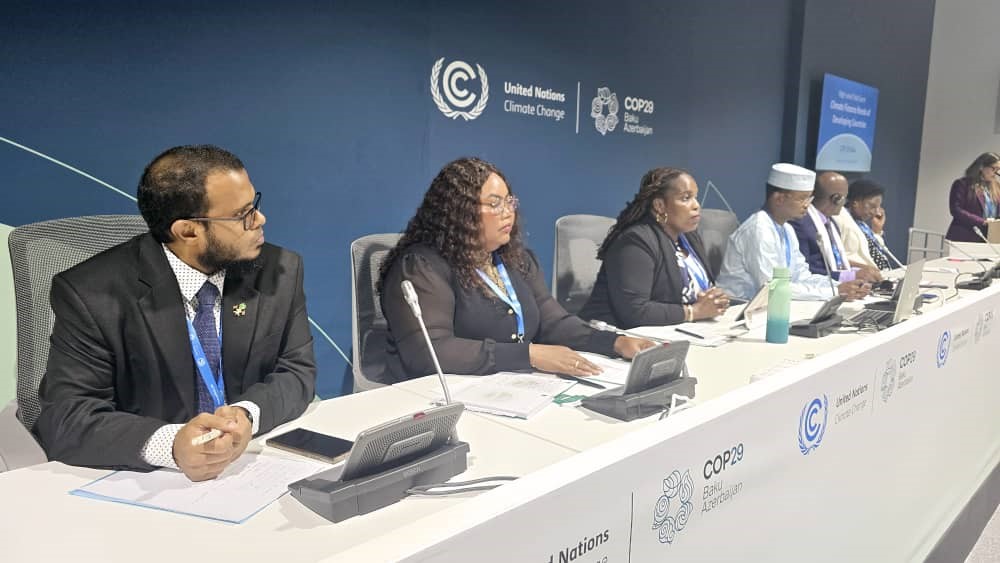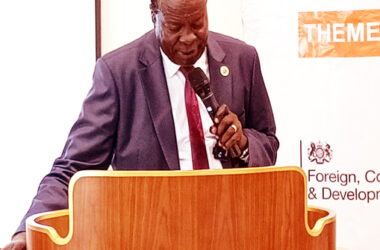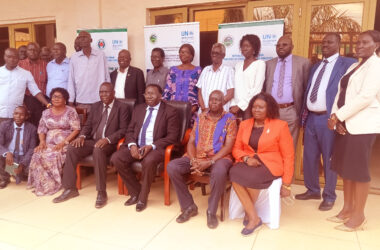By Kei Emmanuel Duku
South Sudan has called on the international community to expedite the operationalization of the Loss and Damage Fund, to help vulnerable countries cope with devastating impacts of climate change.
South Sudan Minister of Environment and Forestry, Josephine Napwon Cosmas emphasized the urgent need for the fund, highlighting the country’s vulnerability to climate-related disasters.
She argues that the slow operationalization of the Loss and Damage Fund has affected the coping strategies of least-developed nations like South Sudan whose population of more than 1 million is currently affected by floods.
Napwon stated that over 60% of the South Sudanese population is currently food insecure because of floods, drought, excessive heat waves, and haphazard rain patterns resulting from crop failure.
“The sustainable capitalization and operationalization of the Loss and Damage Fund should be expedited such that our affected population can be compensated,” said Napwon.
She added that while the government is committed to building the resilience of the affected population, access to climate funds remains a big challenge in addressing threats caused by natural disasters.
The primary aim of the Loss and Damage Fund is to provide financial assistance to low-income countries affected by climate-related disasters that includes both immediate relief for recovery efforts after extreme weather events (like cyclones and floods) and support for slow-onset events such as rising sea levels and desertification that can lead to long-term displacement and economic loss.
According to the minister, there is a need to adopt and agree on the new quantified goal of climate financing with new quantum, guidelines, and procedures for accessing climate funds by venerable countries.
However, the minister said despite promises to reduce greenhouse gas emissions by developed nations or big emitters have contributed to rising global temperatures, and if no action is taken, the current emission rates will lead to a 3.5 degrees Celsius increase in temperatures.
Greenhouse gases (GHGs) are atmospheric gases that trap heat and contribute to the greenhouse effect, which is essential for maintaining earth’s temperature.
Napwon said to limit global temperatures to 1.5 degrees Celsius, developing countries and the big emitters to increase their ambitions by contributing to climate funding and cutting emissions.
She stated that the country’s SUDD wetland, which constitutes about 30% of the forest cover and is the largest in the continent has carbon potential sequestration-a way trees absorb carbon from the atmosphere.
The minister argues that Article 6 of the Paris Agreement is a pivotal component that facilitates international cooperation in addressing climate change through both market and non-market mechanisms and the outcome of the COP29 will enable South Sudan to trade in Carbon and invest the proceeds in climate mitigation and adaptation projects across the country.
“Our environment requires us to change our attitudes and embark on ambitious nature-based solutions by actively protecting, sustainably managing, and restoring degraded ecosystems that are a source of our food, water, energy, wealth, and livelihood” concluded the minister.




